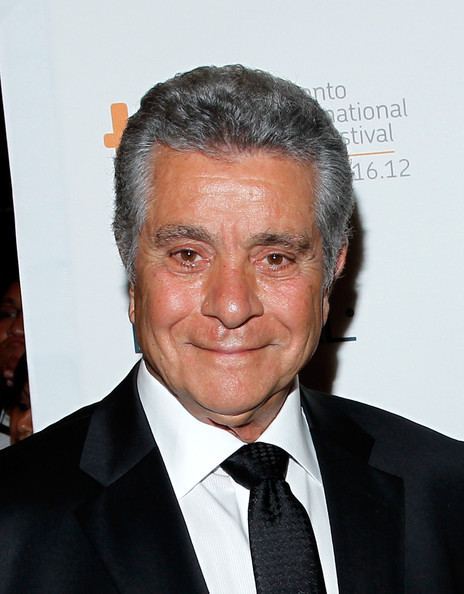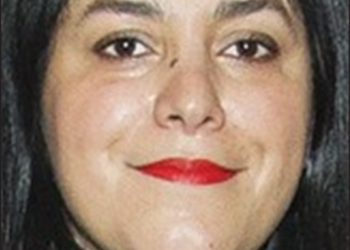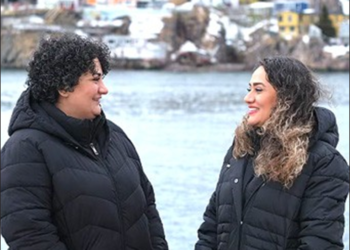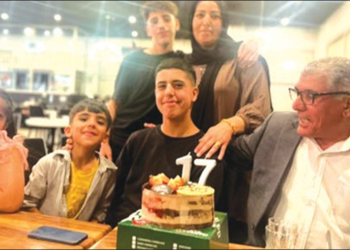February 28, 2020

Something of a campaign has developed in the Tehran cinema community calling on the regime to allow actor Behrouz Vossoughi to return home from self-imposed exile in the United States.
There doesn’t seem to be any positive movement within the regime. And even Vossoughi has not said he is willing to return after four decades in California.
Vossoughi was the country’s most prominent movie actor in the decade before the revolution and at one point was married to singer Googoosh. He is now 82 years old.
Al-Monitor reports that one of the strongest voices calling out for Vossoughi’s return is Shahab Hosseini, who is known for his role in the Oscar-winning film “The Salesman.” In January, Hosseini wrote an open letter to President Rohani, asking him to allow Vossoughi’s return to Iran as well as Vossoughi’s return to acting in Iranian movies. Stressing that he voted for Rohani in both the 2013 and 2017 presidential elections and worked hard to promote him in his circles, Hosseini asked the moderate president to “remove the ban” on the aged actor.
“Once you asked for people’s support and you got it. Now we want the same support from you,” Hosseini wrote in his letter.
Vossoughi was in the United States to make a film when the revolution broke out and did not return. The next year, he was summoned to the Revolutionary Court along with a number of other artists of Film Farsi — the generic term for pre-revolutionary Iranian cinema— to explain his activities under the Pahlavi Dynasty.
While radicals generally considered Vossoughi to be ”friendly with the Shah,” the actor had been harassed by the monarchy as well, Al-Monitor commented. This was mainly because of his 1974 movie, “The Deer,” which criticized the Shah’s White Revolution and land reforms that drew peasants to cities. The movie was based on a true story about a member of a Marxist group, and it addressed economic and social conditions during the Pahlavi period.
“After the revolution, the Revolutionary Court summoned many artists for trial. The court [banned] them from making movies in Iran,” Parviz Jahed, a director, film critic and the editor-in-chief of London-based Cine-Eye film journal, told Al-Monitor.
Actor Parviz Parastoui has also given his weight to the campaign for Vossoughi’s return, writing January 2 on the Iranian website Film News that he had lobbied the state’s culture and security officials to bring back Vossoughi, but to no avail.
Rohani hasn’t yet responded to Hosseini’s letter, but Vos- soughi released a statement on his Instagram page on January 25 saying he has “no wishes in the last years” of his life, implying he had no desire to return.
Some say there is no official judicial ban on Vossoughi, but there is also no political will to have him return to Iran. Mohsen Amiryoussefi, the director of “Lovely Trash,” claims there is no official court ban that prevents the actor from starring in Iranian movies and wrote as much to Hossein Entezami, the chairman of Cinematic Organization of Iran, a subdivision of the Culture of Ministry.
Even if there is no such ruling, it is likely the officials of the current moderate government of Iran will refrain from embracing Vossoughi due to a possible outcry from radicals and hardliners who still paint him as a “traitor,” Al-Monitor comments.
Kayhan, a very hardline daily, said Vossoughi and his first wife — singer and actress Googoosh —were “morally corrupt” in a 2016 commentary. The commentary said Vossoughi played in movies and theaters that belonged to “the foreigners and anti-revolution agents.”
Jahed, the film critic, told Al-Monitor the establishment’s sensitivity to Vossoughi stems from his rumored relationships with the Pahlavi dynasty’s court and the Shah’s powerful sister, Ashraf, and somehow he is singled out among others.


















